Gardening, an increasingly popular hobby, offers numerous benefits ranging from stress relief to the pleasure of growing fresh produce. It’s a rewarding journey, intertwining nature with nurturing, but it requires a thoughtful approach. Successful gardening is not just about planting seeds; it’s about understanding the environment, selecting appropriate plants, and committing to their care. This guide aims to equip first-time gardeners with essential knowledge and tips, ensuring a thriving, vibrant garden that reflects both effort and passion.
Contents
Understanding Your Environment
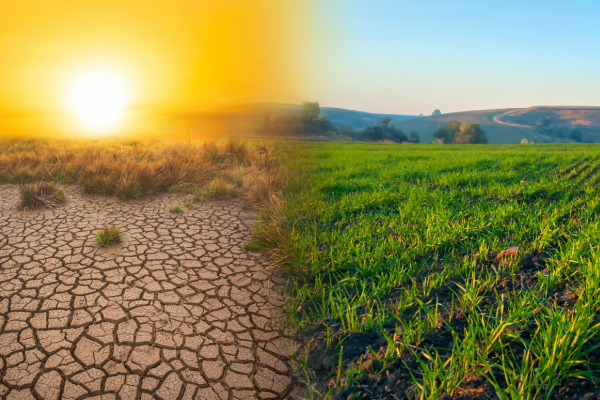
Before embarking on the gardening journey, recognizing the local climate is crucial. Different regions have varying temperatures, rainfall patterns, and seasonal changes, all of which significantly impact plant growth and survival. Plants that thrive in a Mediterranean climate might struggle in a cooler, wetter region. Hence, it’s essential to research and understand these climatic nuances. Additionally, being aware of frost dates and length of growing seasons helps in planning and protecting the garden effectively.
Soil type is another critical factor that often goes unnoticed. Soil varies greatly in composition, drainage ability, and nutrient content. Conducting a soil test is a beneficial first step, as it reveals the soil’s pH level and nutrient profile. Understanding whether the soil is clay, loam, or sandy helps in choosing the right plants and determining the amendments needed to create the ideal growing environment. Remember, healthy soil is the foundation of a successful garden, nurturing plants from the roots up.
Choosing The Right Plants
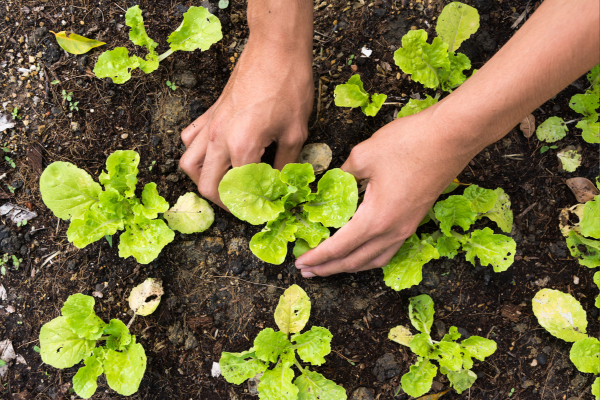
Selecting plants that are well-suited to the local environment is key to gardening success. Researching plants that naturally thrive in the area can save time and resources. Native plants, for example, are often more resistant to local pests and diseases and require less water and maintenance. It’s also worth considering the garden’s specific conditions, such as sun exposure, wind patterns, and proximity to buildings or trees, which can affect plant growth.
Aesthetic appeal is important, but functionality should also be a consideration. While colorful flowers and ornate shrubs can enhance the garden’s beauty, incorporating edible plants like vegetables and herbs can add a practical element. Balancing beauty with utility can lead to a more satisfying and fruitful gardening experience. Ultimately, the choice of plants should reflect personal preferences and gardening goals, whether to create a visual spectacle, produce food, or both.
Garden Planning And Design
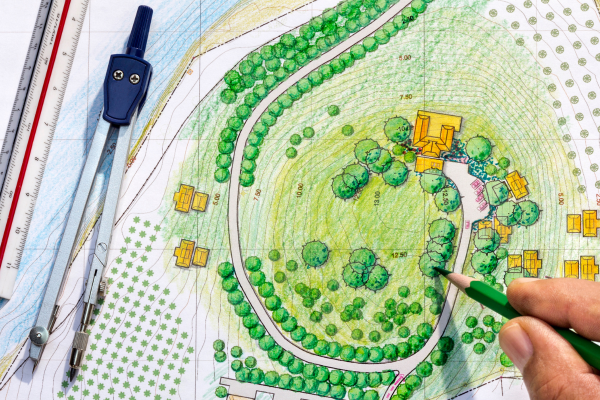
Garden planning is not just about aesthetics; it’s about creating an environment where plants can flourish. Start by observing the garden space at different times of the day to understand how sunlight moves across the area. This observation will inform decisions about where to place sun-loving plants and which areas are better suited for shade-tolerant species. Planning for plant growth and spacing is also crucial, as overcrowded plants can lead to poor air circulation and increased disease susceptibility.
Design principles can significantly enhance the garden’s appearance. Consider varying plant heights and colors to create visual interest. Using taller plants as a backdrop for shorter ones or mixing leaf textures and shapes can add depth and contrast. Including pathways or focal points like a birdbath or a sculpture can also enhance the garden’s overall look. Remember, a well-planned garden not only looks good but also makes maintenance easier, allowing more time to enjoy the beauty of nature’s bounty.
Tools And Equipment Essentials
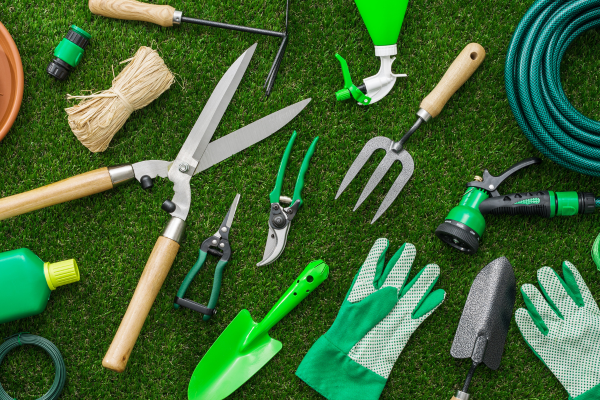
Gardening requires a set of tools and equipment, each serving a unique purpose. For beginners, a few essentials include a spade, a hoe, pruning shears, and a watering can or hose. These tools help in soil preparation, planting, and maintenance. Quality is key when selecting tools; durable, well-made tools not only last longer but also make the gardening process more efficient and enjoyable. Ergonomic designs are particularly beneficial, reducing strain during longer gardening sessions.
Maintenance of these tools is just as important as their selection. Regular cleaning, sharpening of blades, and proper storage extend the lifespan of the tools and maintain their effectiveness. Rust can be a major issue, especially in damp climates, so keeping tools dry and occasionally oiling metal parts can prevent deterioration. Remember, well-maintained tools make for a well-maintained garden.
Soil Preparation And Fertilization
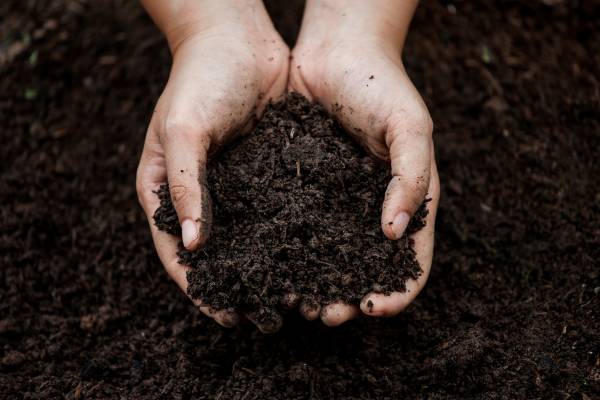
Soil preparation lays the groundwork for a thriving garden. It involves breaking up the soil to improve aeration and drainage and incorporating organic matter, such as compost or manure, to enhance fertility and structure. This process is especially important in areas with compacted or nutrient-poor soil. The addition of organic matter not only feeds the plants but also supports the soil ecosystem, which is vital for plant health.
Fertilization is a critical aspect of gardening, providing plants with essential nutrients that might be lacking in the soil. However, it’s important to use fertilizers judiciously. Over-fertilization can lead to excessive leaf growth at the expense of flowers or fruits and can harm the soil and local waterways. Selecting the right type of fertilizer—whether it’s a general-purpose mix or one formulated for specific plants like roses or tomatoes—and following the recommended application rates ensures that plants receive the nutrients they need without adverse effects.
Watering And Irrigation Techniques
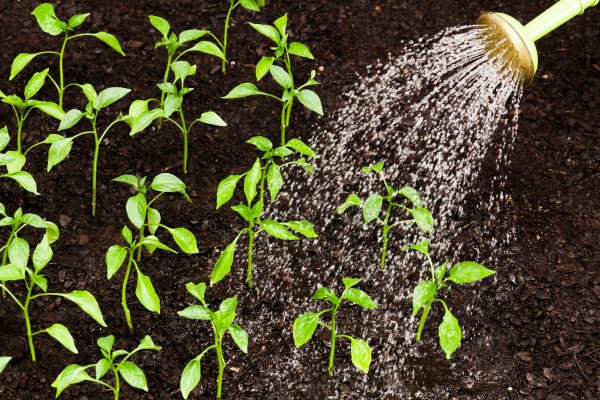
Effective watering is more about technique than frequency. Over-watering can be just as harmful as under-watering, leading to root rot and other issues. Understanding the water needs of different plants and adjusting watering routines according to weather conditions is essential. For instance, young plants and seedlings require more frequent watering, while established plants might need less. Mulching around plants can help retain soil moisture and reduce the need for frequent watering.
Various irrigation systems can be adapted to different garden types and sizes. Drip irrigation systems are efficient for vegetable gardens and flower beds, delivering water directly to the plant roots and minimizing evaporation and water waste. On the other hand, sprinkler systems might be more suitable for lawns and large areas. Investing in a good irrigation system can save time and ensure consistent watering, especially in drier climates.
Pest And Disease Management
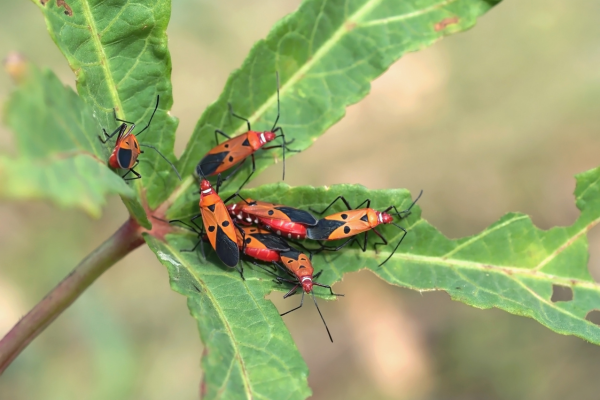
Effective pest and disease management begins with prevention. Healthy, well-cared-for plants are less susceptible to issues. Regular monitoring of the garden for signs of pests or disease helps catch problems early, when they’re easier to manage. Encouraging beneficial insects like ladybugs and bees can naturally control pest populations. Companion planting, where certain plants are grown together for mutual benefit, can also deter pests and attract beneficial insects.
When intervention is necessary, there are various options. Mechanical methods, like hand-picking pests or using barriers, are effective for small infestations. Biological controls, such as introducing natural predators, can help manage pest populations without chemicals. Chemical pesticides should be a last resort due to their potential impact on the environment and beneficial organisms. If chemical control is necessary, choosing the least toxic option and applying it responsibly is crucial to minimize its impact.
The Bottom Line
Gardening, a blend of art and science, offers enriching experiences and numerous benefits. It requires patience, persistence, and a willingness to learn and adapt. Each garden is a unique ecosystem, reflecting the care and thought put into its creation and maintenance. As beginners embark on their gardening journey, they’ll discover the joys and challenges of nurturing a living, growing space. The rewards, from the beauty of blooming flowers to the taste of home-grown vegetables, make the effort worthwhile. This guide serves as a starting point, but the true learning comes from the hands-on experience and the personal growth that accompanies this rewarding hobby.


